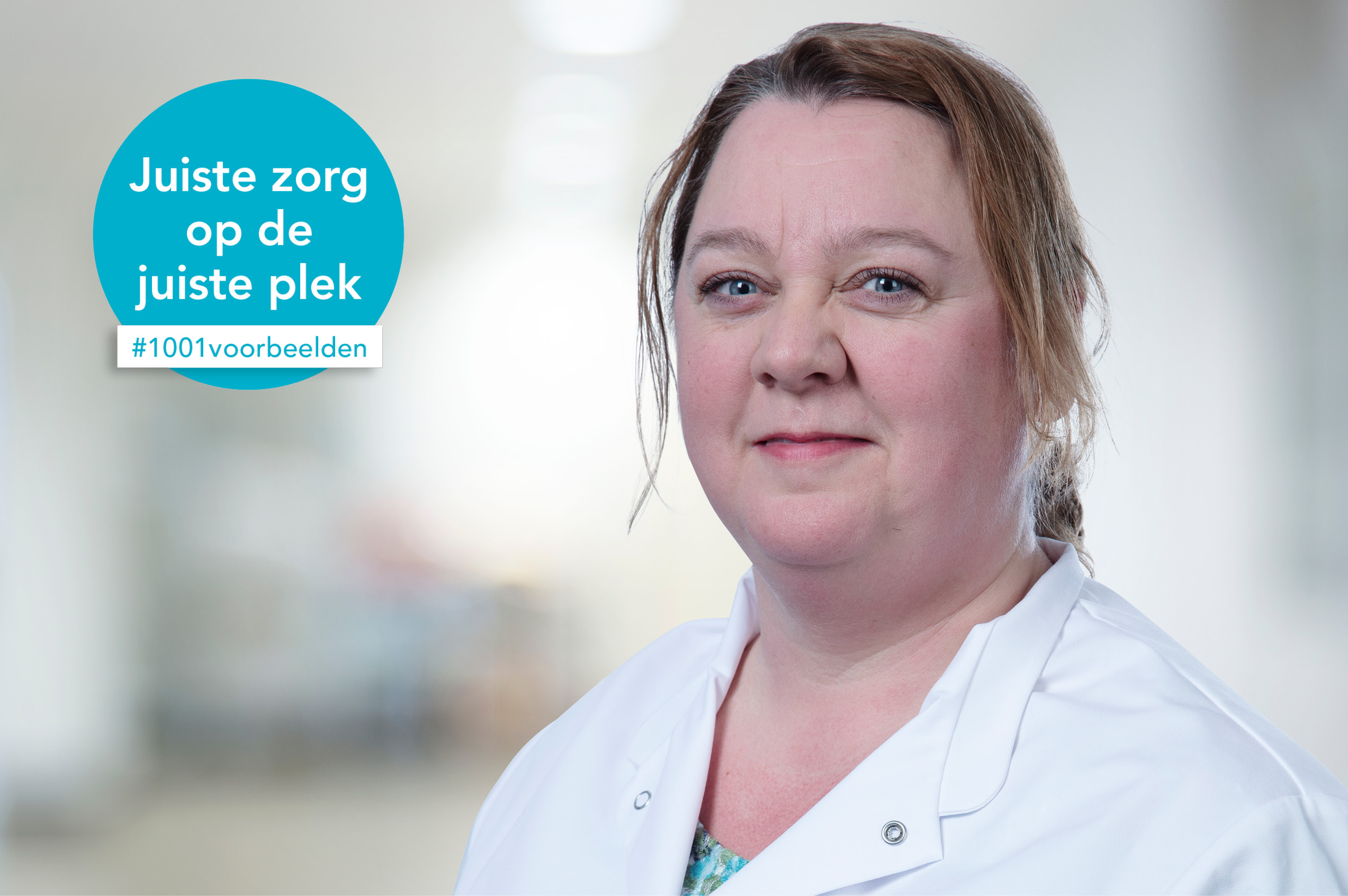More and more elderly people are living at home longer. As a result, the demand for care is also increasing and prevention is becoming increasingly important. But how do you ensure that vulnerable elderly people are well-represented by care providers? Clinical geriatrician Deborah Leonards is committed to improving collaboration between medical specialists, general practitioners and other healthcare professionals. The Federation of Medical Specialists interviewed her as part of the example projects on the right care in the right place.
Leonards plays an active role within the Collaborative Program for Integrated Elderly Care Zeeland, where she mainly focuses on early identification and advance care planning (acp). ‘By talking to the patient, you can prevent all the bells and whistles from being pulled out of the closet that may not be necessary. I often say that for many elderly people it’s not the days that count, but the quality of life,” says Leonards.
As a clinical geriatrician, Leonards knows better than anyone what the impact of a seemingly minor procedure on a vulnerable patient can be. According to her, it is important as a medical specialist to continue to ask yourself whether the care is still appropriate or useful. ‘Medical specialists often have the inclination to follow the protocol in the event of a condition and to proceed to an operation or treatment. But for a patient who is already ninety years old and who also has dementia, a small intervention can be an enormous burden.’
–


